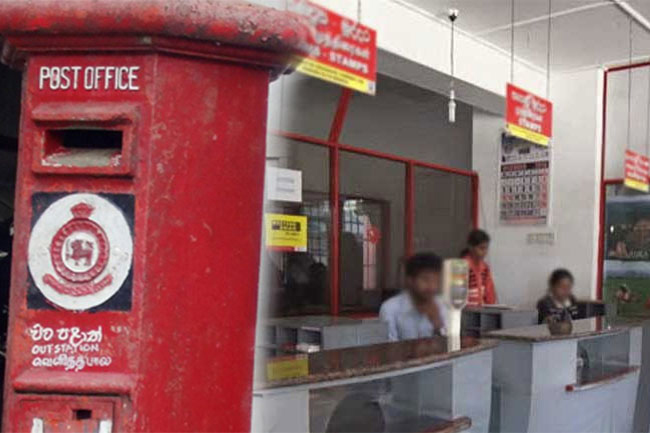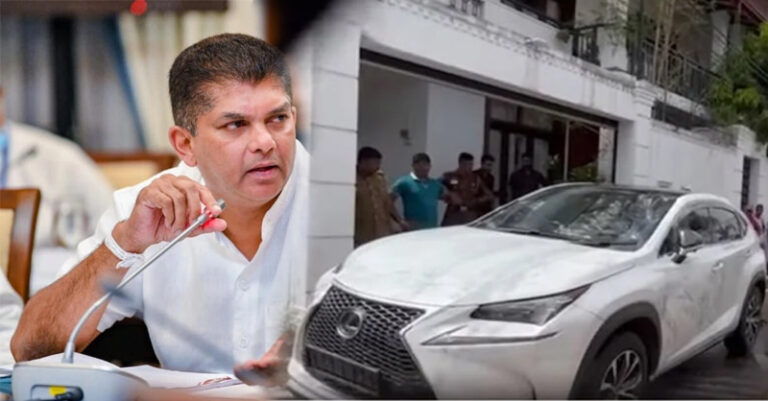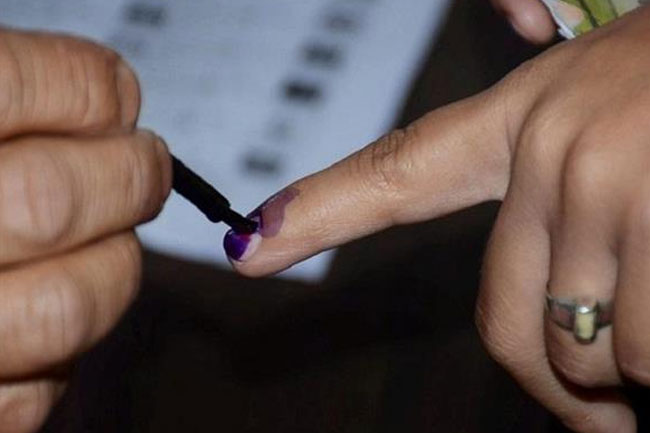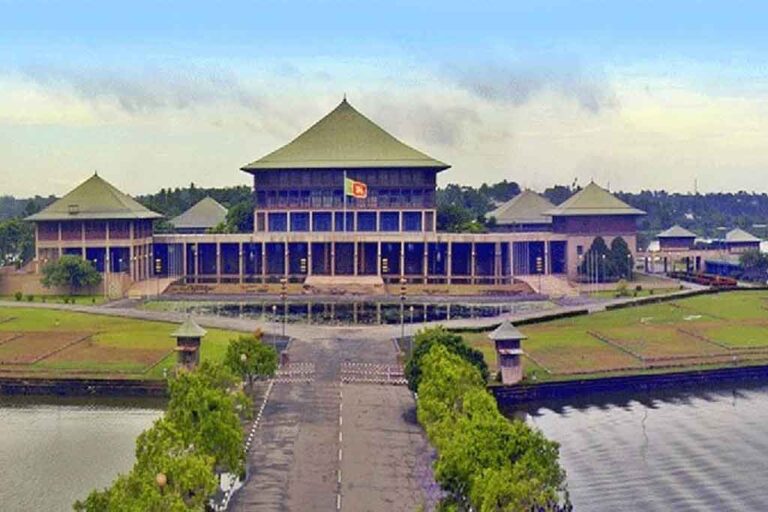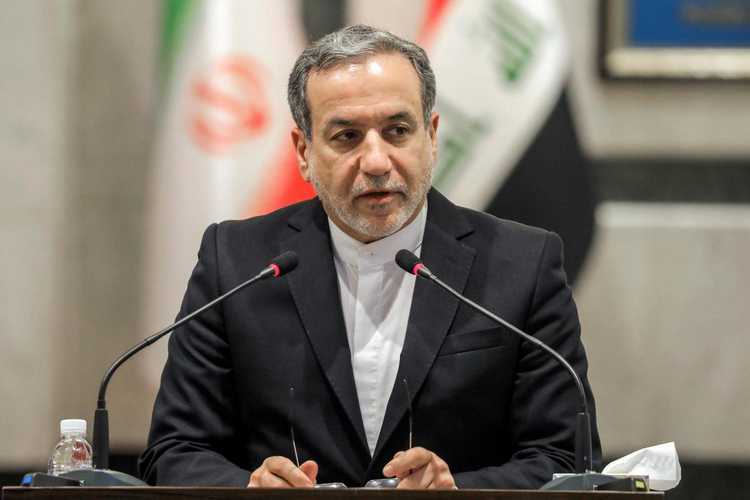By: Staff Writer
November 11, Colombo (LNW): Pelwatte Dairy Industries Ltd., a pioneer in Sri Lanka’s dairy industry, has reached new heights in its commitment to product quality with the acquisition of the advanced FOSS FT3 machine and the achievement of the prestigious FSSC 22000 V6.0 Certification.
These significant developments underscore Pelwatte’s dedication to maintaining high standards in dairy production and reinforcing its leadership in the sector.
The introduction of the FOSS FT3 machine marks a major milestone for Pelwatte, as it becomes the first company in Sri Lanka to utilize this cutting-edge technology.
This state-of-the-art equipment enhances the precision of dairy testing by simultaneously analyzing critical parameters such as fat, protein, lactose, and up to 30 adulteration factors.
This ensures that every batch of dairy products meets rigorous international standards, ultimately improving both taste and nutritional quality.
In addition to boosting testing accuracy and efficiency, the FOSS FT3 machine reduces testing time, minimizes human error, and aligns with Pelwatte’s focus on sustainable practices. Its ability to minimize wastage reflects the company’s ongoing commitment to environmental responsibility.
Furthermore, Pelwatte has earned the FSSC 22000 V6.0 Certification, a globally recognized standard for food safety management systems.
This certification affirms the company’s adherence to the highest international standards in food safety, quality, and consistency. It highlights Pelwatte’s continued focus on maintaining rigorous product safety protocols and elevates the brand’s reputation in the global dairy market.
Pelwatte’s integration of innovative technology and commitment to industry-leading food safety practices are setting new benchmarks for dairy production in Sri Lanka.
These advancements serve as a model for local producers, encouraging them to adopt similar innovations to improve their operations. Pelwatte’s leadership is also contributing to the growth of the local economy by expanding production capacity and creating new job opportunities.
The company’s journey toward these achievements began with the establishment of its Quality Assurance (QA) Department, which has consistently implemented global best practices in quality control. Over the years, Pelwatte has invested heavily in advanced technology and partnered with international leaders in the field.
Akmal Wickramanayake, Managing Director of Pelwatte Dairy, commented on the company’s latest advancements: “Introducing the FOSS FT3 machine ensures that every batch of our dairy products undergoes rigorous testing, guaranteeing the highest quality.
This also helps us reduce inconsistencies and speed up product approval, delivering fresher and safer products to consumers.”
Since its founding in 2006, Pelwatte Dairy has built a reputation for innovation, quality, and sustainability.
The company’s extensive product range includes full cream milk powder, butter, yogurt, ice cream, and more, all produced to the highest standards. Pelwatte is also committed to supporting local farmers and contributing to the growth of Sri Lanka’s agricultural sector.






